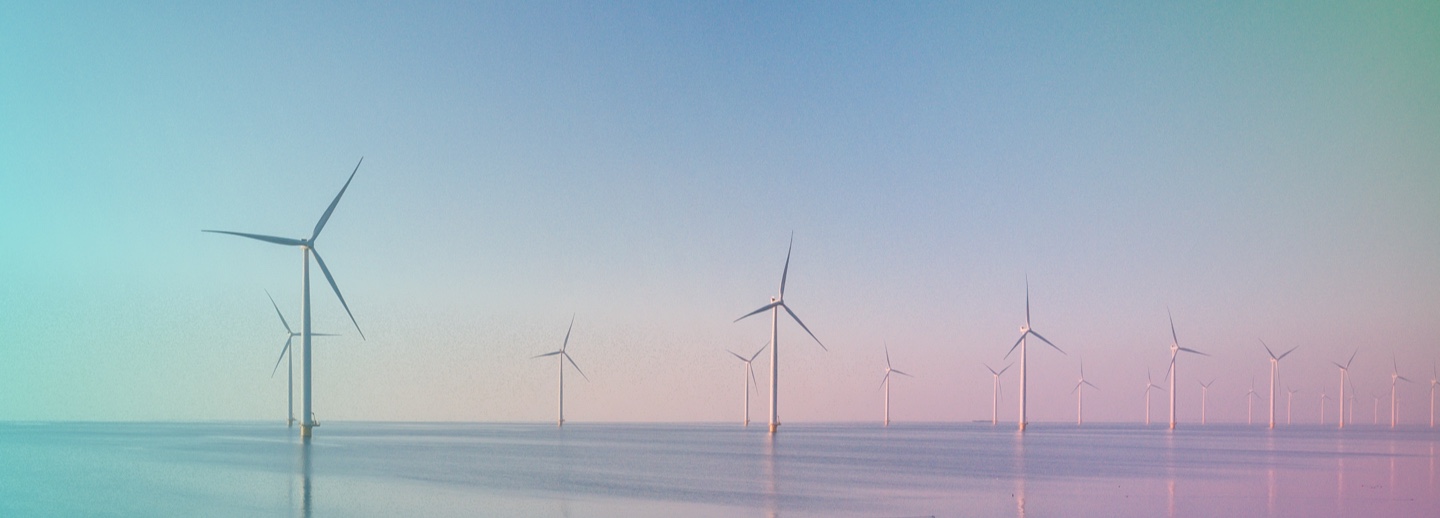
Getting
on board with
the Renewables
Revolution
Getting
on board with
the Renewables
Revolution
The world is on fire (literally) on account of accelerated climate change, and the world of renewables is on fire (metaphorically) in response to accelerated climate change. More and more people have grasped the former; remarkably few seem to understand the latter.
Back in 2016, shortly before his untimely death, the Chief Scientific Advisor at the UK's Department of Energy, Sir David McKay, described the suggestion that solar, wind and other renewables could power the UK as "an appalling delusion".
David McKay was a good man, but he had a total blind spot when it came to renewable energy. He just couldn't see it - and there are probably many more like him today who would be astonished to realise that the percentage of renewable electricity in the UK is now up to a third, and that it went to an astonishing 47% in the first quarter of this year. Spain is doing even better, with every expectation of getting up to 70% by 2030.
This is now an unstoppable revolution, affecting every country in the world, in ways that many policy-makers still haven't grasped. Back in 2018, Lazard's annual report on the levelized costs of energy included this wonderfully understated paragraph: "We have reached the inflection point where, in some cases, it is more cost-effective to build and operate new alternative energy projects than it is to maintain existing conventional plants."



David McKay was a good man, but he had a total blind spot when it came to renewable energy. He just couldn't see it - and there are probably many more like him today who would be astonished to realise that the percentage of renewable electricity in the UK is now up to a third, and that it went to an astonishing 47% in the first quarter of this year. Spain is doing even better, with every expectation of getting up to 70% by 2030.
This is now an unstoppable revolution, affecting every country in the world, in ways that many policy-makers still haven't grasped. Back in 2018, Lazard's annual report on the levelized costs of energy included this wonderfully understated paragraph: "We have reached the inflection point where, in some cases, it is more cost-effective to build and operate new alternative energy projects than it is to maintain existing conventional plants."

Unsubsidised coal has not been able to compete with large scale solar or wind for many years. Combined-cycle gas turbines can only compete because they're not obliged to pay the full cost for their emissions of greenhouse gases – a massive hidden subsidy that governments will soon to be forced to address. New nuclear isn't even in the same ballpark, and only staggers on because of a very small number of ill-advised governments (including the UK) sees fit to squander billions of euros of taxpayers' money on these white elephants.


Addressing the Climate Emergency
More and more people are deeply concerned about today's climate emergency - as we should all be. My shorthand summary of today's climate science is this: "everything is getting worse, everywhere, a lot faster than we once believed possible". All the more reason for people to be thrilled at the renewables revolution unfolding in their midst, and to be urging their governments to put renewables (and associated technologies like storage, efficiency, smart grids and so on) at the heart of their post COVID-19 recovery programmes.
There is plenty of support for this from NGOs, the business community and investors, but I still see little enthusiasm on the part of citizens. It's time they woke up - because it would certainly cheer them up!

Remarkably, we're only in the very early stages of the renewables revolution. The cost of solar power will keep on falling, year on year, with significant scope for improved conversion efficiencies ahead - for instance, with the hybrid perovskite/silicon cell. But my money is on wind power to do the real heavy lifting - particularly offshore wind. The 2019 Offshore Wind Outlook from the International Energy Agency talks confidently of a trillion dollar industry by 2040, emphasising the importance of floating wind turbines deployed further out to sea. A newly-published report from the Global Wind Energy Council indicates that offshore generation could grow from around 29 GW today to more than 230 GW by 2030. The fastest growing country will be China (up from a paltry 6.8GW today to more than 50GW in 2030) with the UK continuing to excel at 40GW, and the US also growing strongly.

Raising Our Game
That's all by 2030 - and we're going to need each and every one of those gigawatts to deliver the huge volumes of green hydrogen that the world will increasingly require - not for electricity generation, but for steel and cement manufacturing, for HGVs, for decarbonising gas grids, and - possibly - for sustainable aviation. And that hydrogen has to be green. I personally don't believe 'blue hydrogen' (using gas for the electrolysis process to produce the hydrogen, plus carbon capture and storage) will ever be economically viable at scale.
I can only hope this is the kind of discussion that will inform the upcoming Climate Week in New York - which will simultaneously witness the fifth anniversary of the Sustainable Development Goals. One thing we now know for certain about the SDGs: there's not a hope in hell of delivering on those 17 Goals unless we can avoid the potential horror story of runaway climate change. And the first - and best - way of avoiding that horror story is for governments to give full rein to today's renewables revolution.
* Jonathon Porritt's latest book Hope in Hell, a powerful 'call to action' on the Climate Emergency, was published by Simon & Schuster in June 2020
Jonathon Porritt is an environmentalist with an extensive track record and an eminent writer on sustainable development. In recognition, he was awarded a CBE in 2000 (Commander of the Most Excellent Order of the British Empire) for his services to environmental protection. In 1996, he co-founded Forum for the Future, an organisation that works with companies, governments and civil society to speed up transformation towards a sustainable future.









